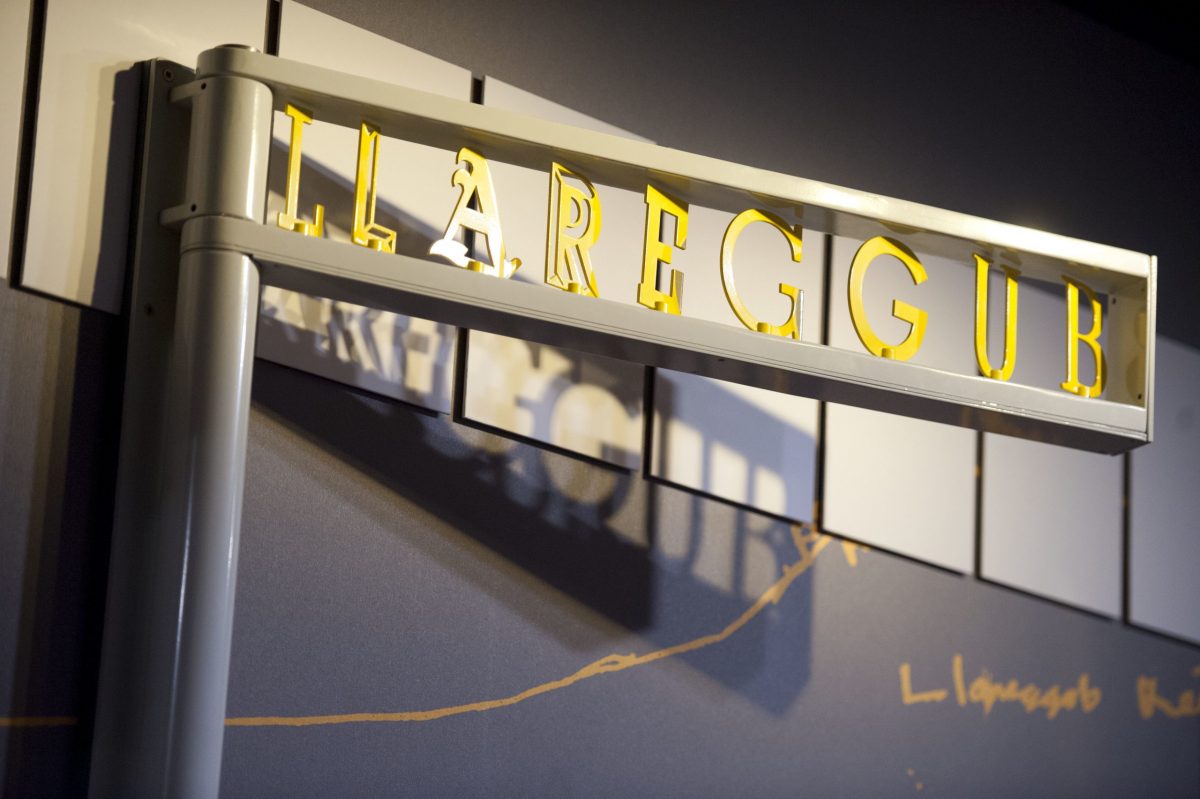The ‘loveless destruction’ of Mrs Ogmore-Pritchard

As we approach the holiday season, hotels and guest houses throughout Britain are eerily silent as proprietors comply with stringent government rules to control the spread of coronavirus.
International Dylan Thomas Day on May 14 celebrates the first-ever full cast stage performance in 1953 of Dylan’s famous and much-loved play Under Milk Wood, and the current crisis brings to mind one of the most entertaining, if tragicomic, characters conceived by Dylan for his ingenious play for voices: a woman who thrives on the absence of ‘contaminating’ lodgers.
Mrs Ogmore-Pritchard is the twice-widowed proprietor of Bay View, ‘a house for paying guests’ in the small Welsh coastal town of Llareggub, but the only ‘boarders’ she permits are the ghosts of her departed husbands, Mr Ogmore and Mr Pritchard, who are trapped under the purgatorial dictatorship of ‘their glass widow’ – a woman with a formidable obsession with hygiene and tidiness, who has the audacity to insist, ‘And before you let the sun in, mind it wipes its shoes.’
Nothing must disturb the controlled order of her ‘trig and trim’ home at the classier top of town: from her ‘spruced and scoured dust-defying bedroom’ down to her kid glove-clad door knocker. We can’t help laughing as Mrs Ogmore-Pritchard dismisses a request for lodgings from a bird watcher on the grounds that he’d return ‘at all hours covered with feathers’, and she certainly doesn’t ‘want persons in my nice clean rooms breathing all over the chairs…’ and ‘putting their feet on my carpets and sneezing on my china’, and ‘sleeping in my sheets…’
One senses the applicant had a lucky escape from the icy chill of the censorious reformatory of this landlady’s mind, which she puts to good use dictating to and admonishing her dead husbands. There is no room for argument: among their many orders Mr Pugh ‘must boil the drinking water in case of germs’, must blow his nose in the garden and afterwards burn the tissue; Mr Pritchard must dust the blinds and ‘dust the parlour, and spray the canary’.
Considered ‘la di dah’, she is as socially and geographically distant from the undesirable ‘lower orders’ as possible. It is no coincidence that arguably the most slovenly characters, Donkey Street residents Mr and Mrs Cherry Owen, exist in one-room chaos ‘that is bedroom, parlour, kitchen and scullery’, down at the ‘earthier’ end of town, near the harbour.
At dusk, Mrs Ogmore-Pritchard cuts a sad, aloof figure, as we see her maintaining her strictly-disciplined routine: she ‘draws the germ-free blinds, sits…on a high-backed hygienic chair and wills herself to cold, quick sleep’, unaware her dead husbands are plotting her ‘loveless destruction’.
Linda Evans, Dylan Thomas Centre
This post is also available in: Welsh


